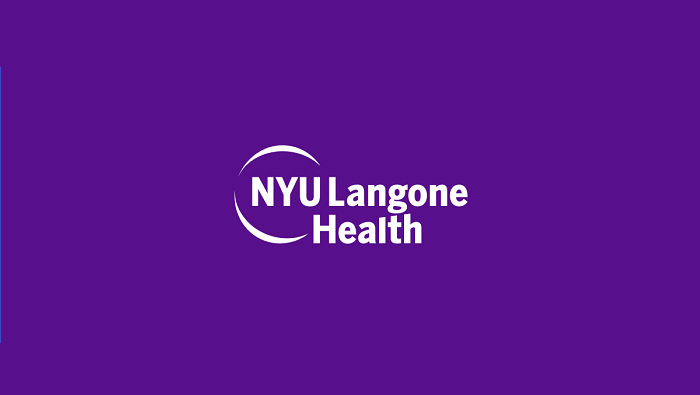NYU Langone’s Transplant Institute has launched a new lung transplant program, the third program of its kind in the greater New York City area, expanding regional access to this specialized level of care. The program is led by two nationally renowned experts in the field: Luis F. Angel, MD and Zachary N. Kon, MD
NYU Langone’s Transplant Institute has launched a new lung transplant program, the third program of its kind in the greater New York City area, expanding regional access to this specialized level of care.
The program is led by two nationally renowned experts in the field: Luis F. Angel, MD, a pulmonologist and professor in the departments of Medicine and Cardiothoracic Surgery , who serves as medical director of lung transplantation; and Zachary N. Kon, MD, cardiothoracic surgeon and assistant professor in the Department of Cardiothoracic Surgery, who serves as surgical director.
Dr. Luis Angel and Dr. Zachary Kon
Following close on the heels of NYU Langone’s new heart transplant program, the addition of a lung program completes the Transplant Institute’s expansion to offer its patients comprehensive services for bone marrow transplantation and a wide spectrum of solid organ transplantation, making it one of the most comprehensive transplant centers in the region.
“We are thrilled to have Dr. Angel and Dr. Kon lead our efforts to develop a successful lung transplant program here at NYU Langone,” says Robert Montgomery, MD, professor of surgery and director of NYU Langone’s Transplant Institute. “With their addition to our first-rate multidisciplinary team, we are well positioned to make a major impact on New York State’s public health crisis in organ donation and transplantation, and drive discovery and innovation in the field of transplantation.”
The new lung transplant program complements the Division of Pulmonary, Critical Care, and Sleep Medicine’s robust offering of programs for patients with advanced lung diseases, pulmonary hypertension, and end-stage lung disease. The program will provide individualized treatment for patients in need of a transplant with a multidisciplinary team of transplant pulmonologists and surgeons, along with nurse coordinators, social workers, dietitians, pulmonary rehabilitation staff, and other specialists to provide comprehensive care and support.
Dr. Kon will also lead a new program to treat another aspect of end-stage lung disease, chronic thromboembolic pulmonary hypertension—a rare form of pulmonary hypertension caused by chronic blood clots in the lungs that form scar-like blockages, often narrowing or blocking the pulmonary arteries. The recommended treatment, performed by only a small number of institutions across the country, is pulmonary thromboendarterectomy—a surgical intervention to remove the damaged tissue from the pulmonary arteries.
“The expansion of lung transplantation enables us to provide the most advanced cardiothoracic care for patients with end-stage lung disease,” says Aubrey C. Galloway, MD, the Seymour Cohn Professor of Cardiothoracic Surgery and chair of the Department of Cardiothoracic Surgery. “The care team we’ve assembled under the leadership of Dr. Kon and Dr. Angel will ensure the best care is available to our patients.”


















